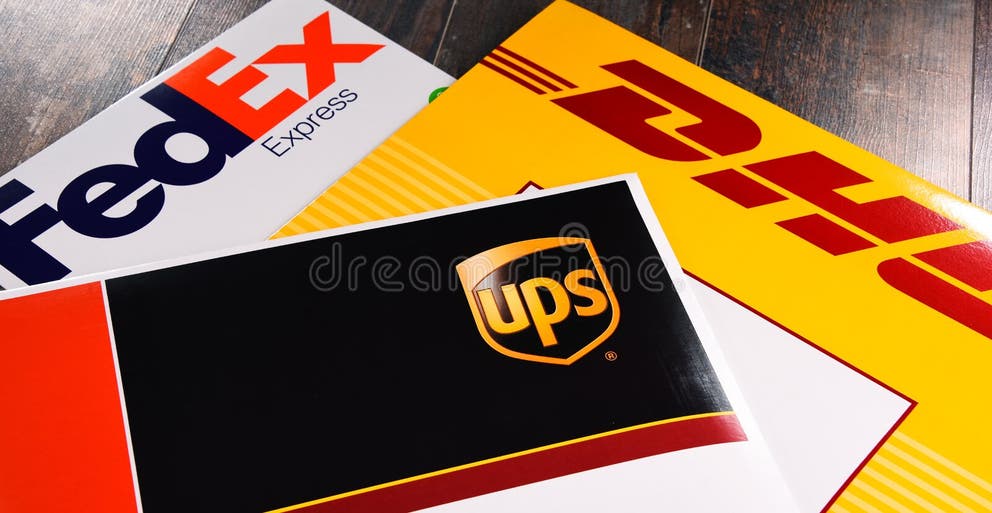Sponsored
In today's global market, mini importers play a crucial role in connecting businesses and consumers to a vast array of products from around the world. With the advent of e-commerce and the ease of international shipping, entrepreneurs can easily venture into the world of importation. However, navigating this landscape is not without its challenges and intricacies, especially when it comes to choosing the right shipping and courier services.
Understanding the Mini Importer's Journey
Mini importers are individuals or businesses involved in purchasing products in small to medium quantities from international suppliers. The success of their ventures is significantly influenced by the reliability and efficiency of the shipping and courier services they opt for.
One of the most critical aspects of the mini importer's journey is selecting a shipping method that balances cost and speed while ensuring the safe arrival of products. Popular courier services like DHL, FedEx, UPS, EMS, and Nipost are often the go-to choices. However, each comes with its own set of advantages and considerations.
DHL, FedEx, and UPS: A Reliable Trio
Among the well-known courier services, DHL, FedEx, and UPS are often favored for their reliability and efficiency in delivering packages. Mini importers have reported positive experiences with these services, praising their prompt deliveries and intact shipments.
While these services may be slightly more expensive, they offer the peace of mind that comes with a higher level of professionalism and reliability. If speed and assurance are a priority, considering these courier services may be a prudent decision.
Navigating Customs Duties: A Crucial Consideration
One common concern for mini importers is unexpected customs duties and charges imposed by courier services. Customs duties vary depending on the country of origin, the type of product being imported, and its declared value. Understanding the customs regulations of the importing country is paramount.
The Role of Freight Forwarders
Freight forwarders provide an alternative route for shipping goods. These intermediaries can offer more affordable shipping rates and often have a standby clearing agent to handle customs duties, significantly reducing costs for mini importers.
However, the success of using freight forwarders lies in choosing reliable and trustworthy ones. Their role in ensuring your goods are correctly inspected and properly delivered is pivotal.
*Image suggestion: Incorporate an image of a freight forwarding company's logo or warehouse to depict this alternative shipping approach.*
Nipost: A Viable Option?
Nipost (Nigerian Postal Service) is a domestic shipping option, often seen as a more cost-effective solution for mini importers. However, experiences with Nipost have been mixed, with some reporting delays and challenges in delivery.
Buyer Beware: Risk Assessment is Key
Mini importers should carefully weigh their options, considering the risk associated with each shipping method. Factors such as speed, reliability, cost, and level of customs intervention should all be taken into account.
It's advisable for aspiring mini importers to conduct thorough research, seek recommendations, and learn from the experiences of others to make informed decisions.
The journey of a mini importer involves carefully selecting the right shipping and courier services to ensure smooth transactions and successful deliveries. While well-known courier services like DHL, FedEx, and UPS offer reliability and speed, exploring alternatives like freight forwarders can lead to significant cost savings. Understanding customs regulations and associated costs is crucial for budgeting and a hassle-free importing experience.
By taking the time to evaluate various options and considering the experiences shared by others, aspiring mini importers can set themselves up for success in the global marketplace.
 |

Add Comments